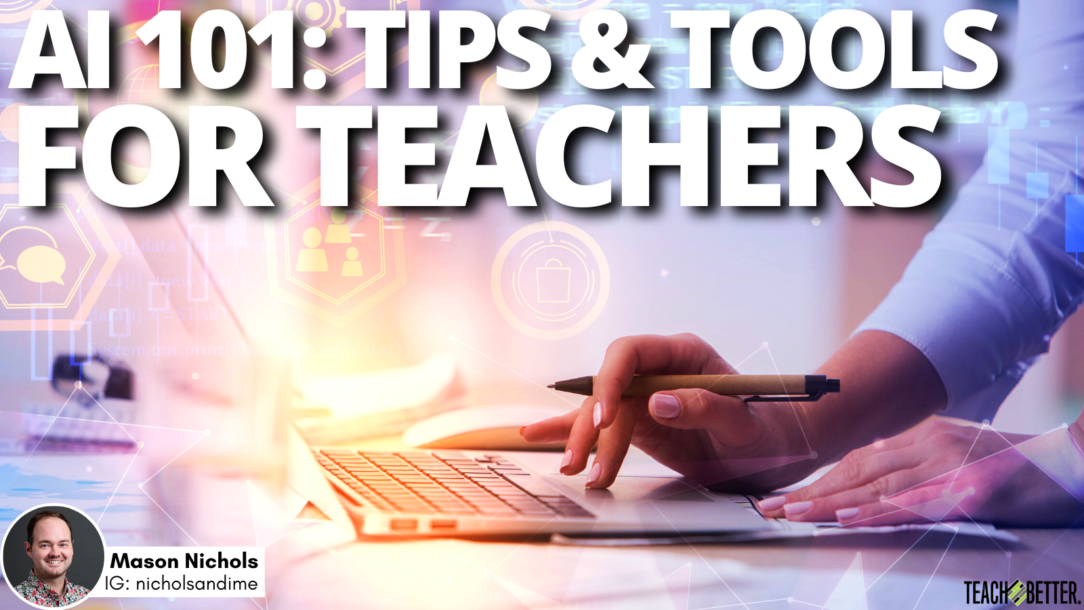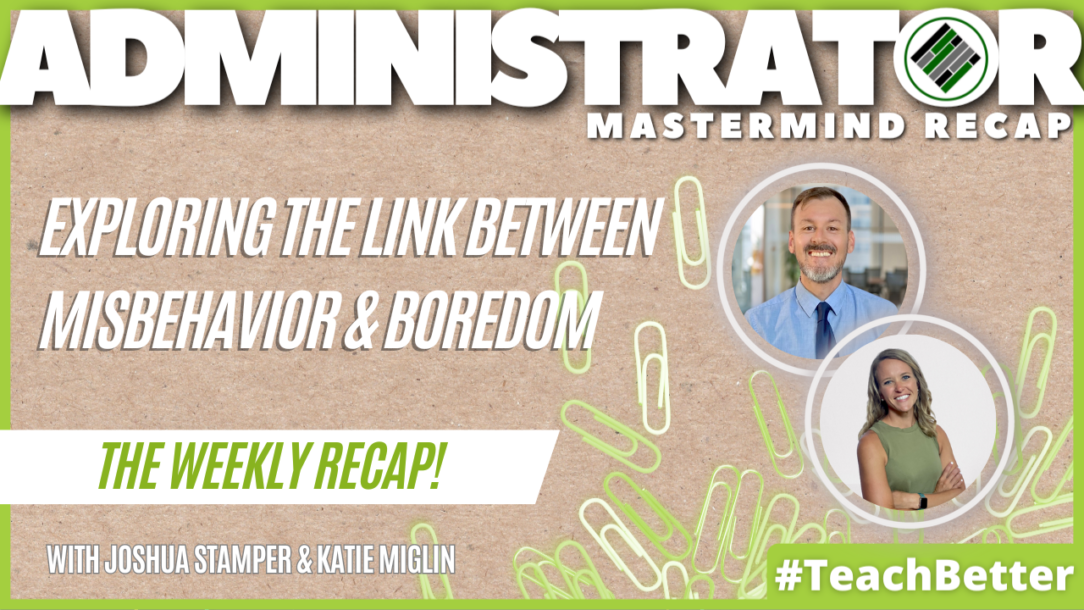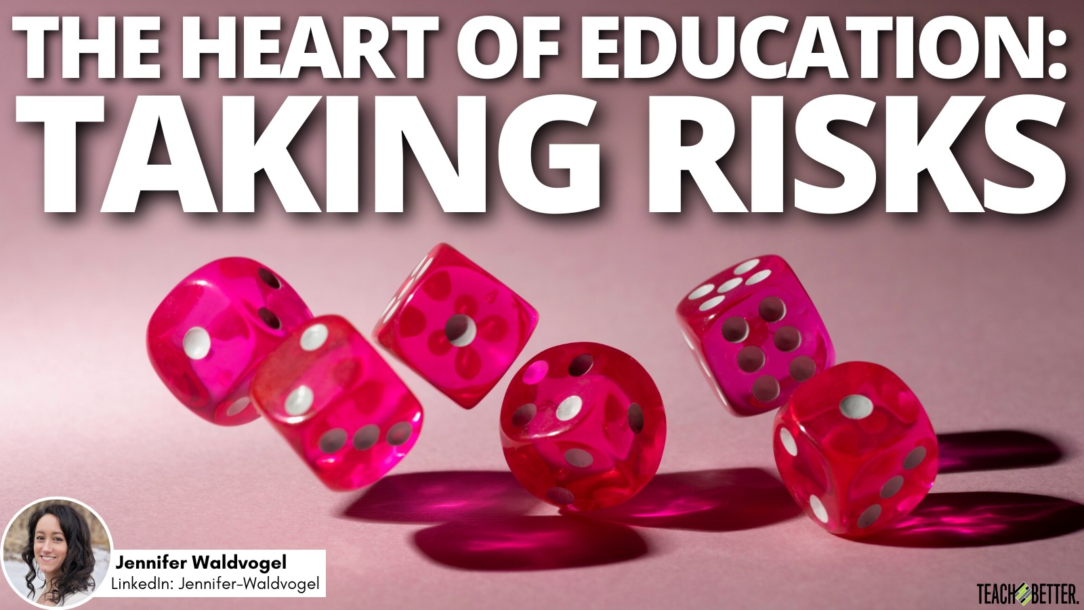TL;DR: Spring quarter can be challenging with warmer weather and distractions. Tips: Refocus after break, use problem-based learning, and allow student-led projects. Get outside, link content to themes, and enjoy teaching for better engagement. Navigating Quarter 4 By the time you’re reading this, you’re likely returning from spring break. You are hopefully rested and refreshed and eager to get quarter … Read More
AI 101: Tips and Tools for Teachers
TL;DR: This post explores the integration of artificial intelligence (AI) in education. AI tools that can be used in education include MagicSchool, Diffit, Eduaide, SchoolAI, and Brisk Teaching. Some features of AI that can be used in education are email assistance, curated educational content, gamification, AI “assistants,” and reading level adjustments. AI in Education Over the past year, we have … Read More
Mastering The Grid Method in 7 Steps
TL;DR: Master Grid Method basics for teaching success. Plan, engage, set expectations, and differentiate. Use assessments, reflect, and refine for classroom mastery. Can you feel the excitement in the air as we dive into the new year? This is the perfect time to shake things up in your classroom. And what better way to do it than with Mastery Learning … Read More
Exploring the Link Between Student Misbehavior and Boredom – School Administrator Mastermind Recap
School Administrators Mastermind community In this engaging School Administrator recap, Joshua Stamper and Katie Miglin share valuable insights and thoughtful responses from the School Administrators Mastermind community. They address pivotal questions, such as: 🔹 How do you differentiate between student misbehavior resulting from boredom or disinterest in a lesson and behavior issues with deeper underlying causes? 🔹 For those who … Read More
The Heart of Education: Taking Risks
TL;DR: Taking risks makes teaching more exciting and fulfilling. Start small with change to accomplish more in the long run. Risk-taking is easier for students when we build them a safety net. Failure is natural. Show students it’s okay to fail as long as we try again. Growing up, we’re taught to be careful: to wear helmets and knee pads … Read More





